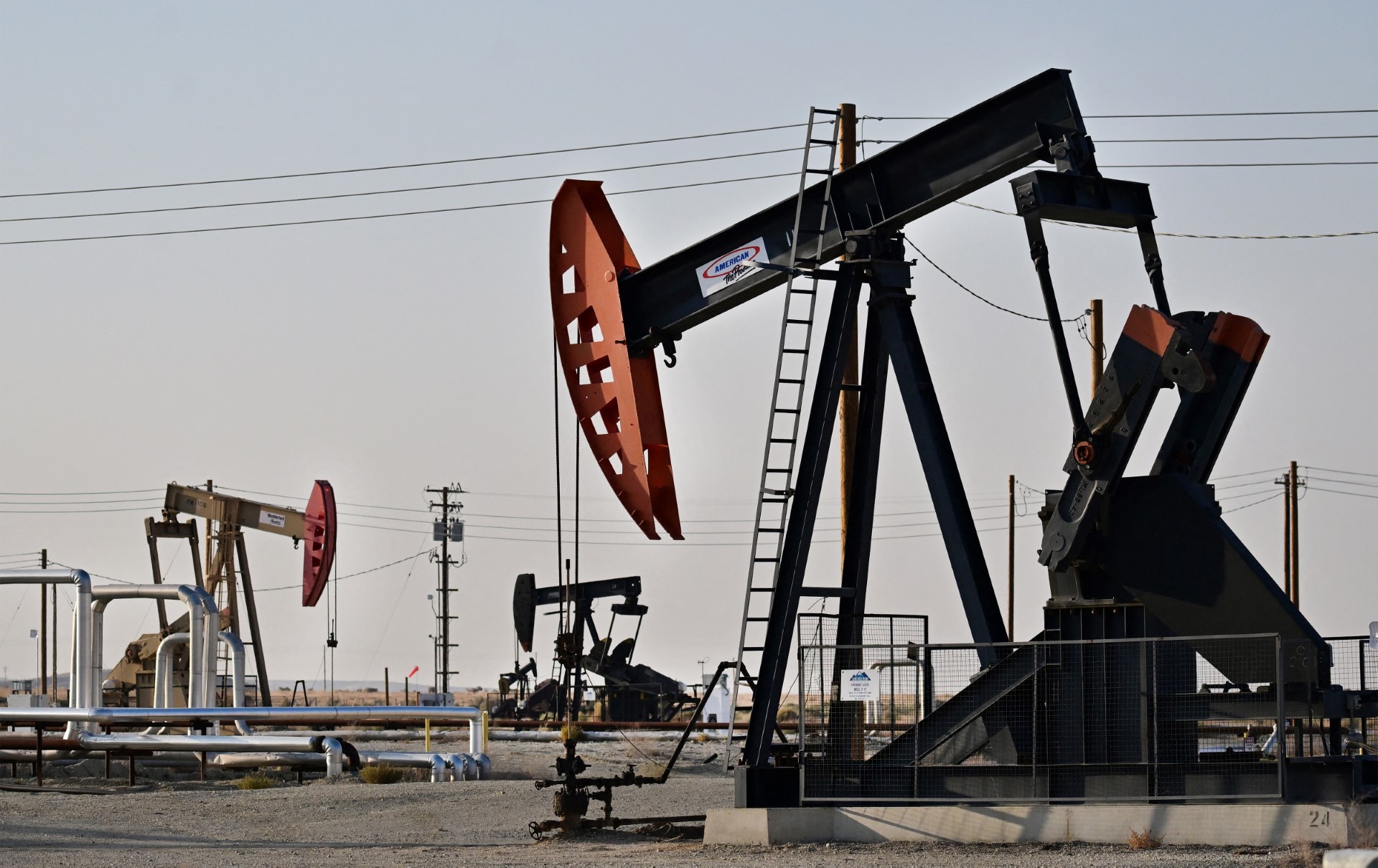London, United Kingdom — Oil prices scored fresh five-month peaks Wednesday on unrest in the crude-rich Middle East and an OPEC+ call for its members to maintain its strategy of reducing output.
Eurozone stocks advanced as a drop in inflation raised hopes of a rate cut by the European Central Bank, while Wall Street stocks rose following strong jobs data despite this adding to doubts about a US rate cut.
Asian stocks mostly sank, with a massive earthquake in Taiwan rocking sentiment.
Gold zoomed to an all-time pinnacle at $2,288.40 per ounce in Asian trade on haven demand amid geopolitical tensions and the prospect of rate cuts, extending the precious metal’s record run.
Oil prices rose around one percent, with Brent crude closing in on $90 per barrel, as OPEC experts met to discuss extending supply cuts.
“Heightened geo-political risks linked to escalating conflict in the Middle East, OPEC supply cuts and better data out of China are helping to drive bullish sentiment currently,” said James Harte of TickMill Group.
Euro inflation slows
The Paris stock exchange gained 0.3 percent and Frankfurt rose 0.3 percent after investors seized on data showing the eurozone’s annual rate of inflation decelerated to 2.4 percent last month from 2.6 percent in February thanks to a continued slowdown in food and drink price increases.
Cooling inflation and a deepening downturn in the manufacturing sector “are cementing expectations that the ECB will start cutting interest rates in June, lifting stocks,” City Index analyst Fiona Cincotta told AFP.
The Frankfurt-based institution has held rates steady since October 2023 after an aggressive rate-hiking campaign to tame soaring inflation.
“While the ECB appears on track to kick off its rate-cutting cycle in the current quarter, there are some doubts over whether the Fed will be able to move in the coming months,” noted Cincotta.
Traders have pushed global equities higher for months, driven by optimism that the Fed will begin easing its monetary policy as soon as June as US inflation comes back towards officials’ two percent target.
But forecast-busting US data on a range of indicators including inflation, factory activity and jobs has dealt a hefty blow to those hopes, and now expectations are beginning to wane.
“The market is increasingly expecting fewer rate cuts from the Fed this year, with the first rate cut currently on a knife edge between July and September,” said XTB research director Kathleen Brooks.
Nevertheless, Wall Street’s main indices pushed higher after a weak start.
Asian struggles
Markets across Asia struggled.
Tokyo sank around one percent, while Hong Kong, Sydney, Seoul and Manila were off more.
Shanghai, Singapore, Wellington and Jakarta were also well in the red, but Bangkok and Mumbai rose.
Taipei stocks fell after a deadly 7.4-magnitude earthquake just off Taiwan’s east coast, which added to the regional uncertainty, though there was some relief that the threat of a tsunami had dissipated.
“Taiwan was rocked by its worst earthquake in 25 years today, sending shockwaves through markets as investors looked to gauge the potential implications to the economy and supply chains,” said Scope Markets analyst Joshua Mahony.








